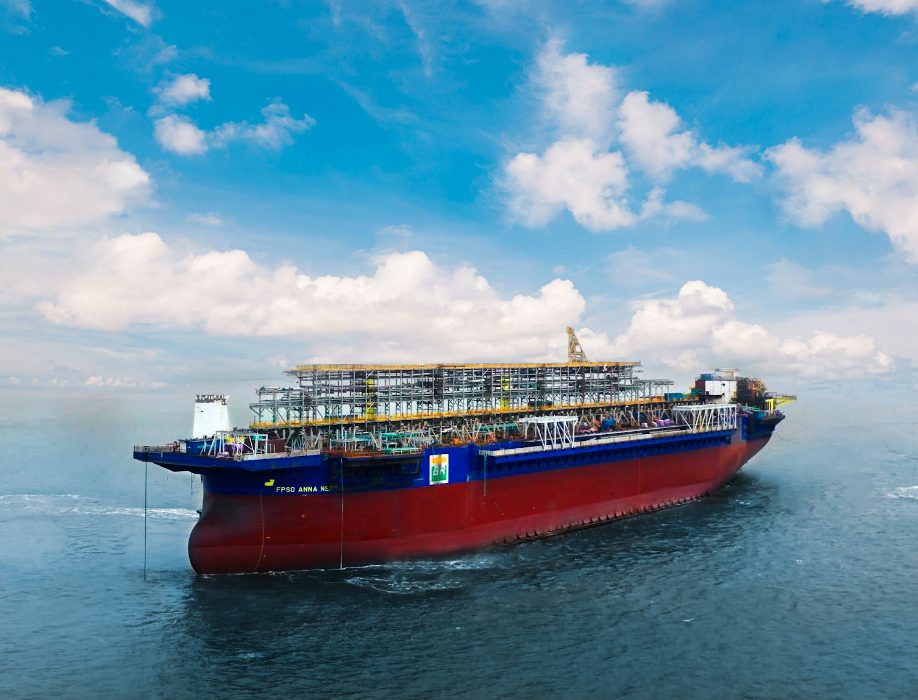Brazil’s state-owned oil entity Petrobras is building out its green recycling market with the sale of the first floating production, storage and offloading (FPSO) vessel closed on July 7. Now, the company will spend US$9.8 billion to retire at least 26 units over the next five years.
Steel company Gerdau S.A. and shipyard Ecovix won the auction for the P-32 unit that operated in the Marlim Field of the Campos Basin and will be executing the decommissioning.
“This decision marks the first time a commercial vessel at the end of its lifecycle will be dismantled in Brazil. This significant move not only paves the way for the development of a recycling industry in Brazil but also sets an important precedent for the shipping and oil and gas sectors, encouraging other ship owners to adopt similar strategies for capacity building,” commented Nicola Mulinaris – Senior Communication and Policy Advisor at NGO Shipbreaking Platform.
Petrobras adding more FPSOs despite rising costs | OilNOW
The NGO Shipbreaking Platform is a global coalition of organisations working to reverse the environmental harm and human rights abuses caused by current shipbreaking practices and to ensure the safe and environmentally sound dismantling of end-of-life ships worldwide.
Petrobras recently adopted a new policy mandating the recycling of vessels only in facilities equipped with dry-docks or impermeables surfaces with drainage systems.
That stance, according to NGO Shipbreaking, puts Petrobras on par with responsible shipowners including SBM Offshore and Shell, that are selecting facilities with the infrastructure to enable the “safe and environmentally sound management of their end-of-life assets.”
Petrobras to add 18 FPSOs in next five years | OilNOW
“After years of selling numerous old vessels for dirty and dangerous shipbreaking on the shores of South Asia, Petrobras has finally committed to environmental stewardship by unequivocally disavowing such practices. Moreover, their decision to opt for a domestic solution, leveraging the state-of-the-art infrastructure available in Brazil, showcases that it is possible to find alternative and better solutions to beaching.” Mulinaris added.



